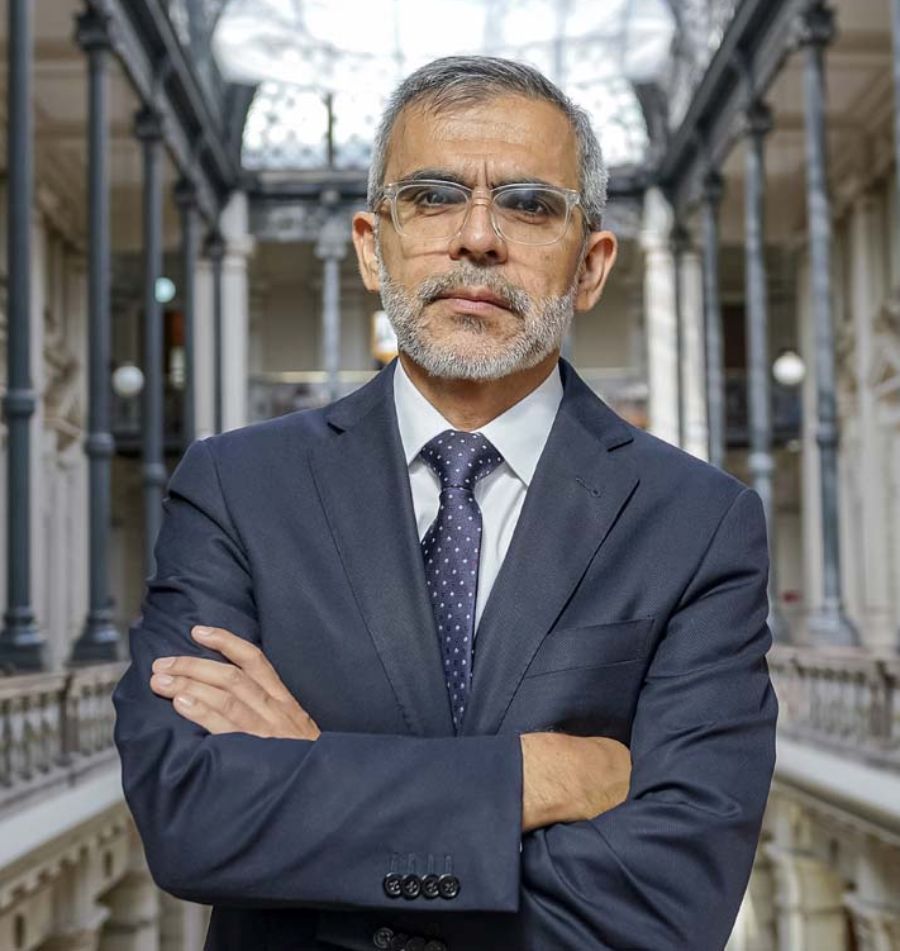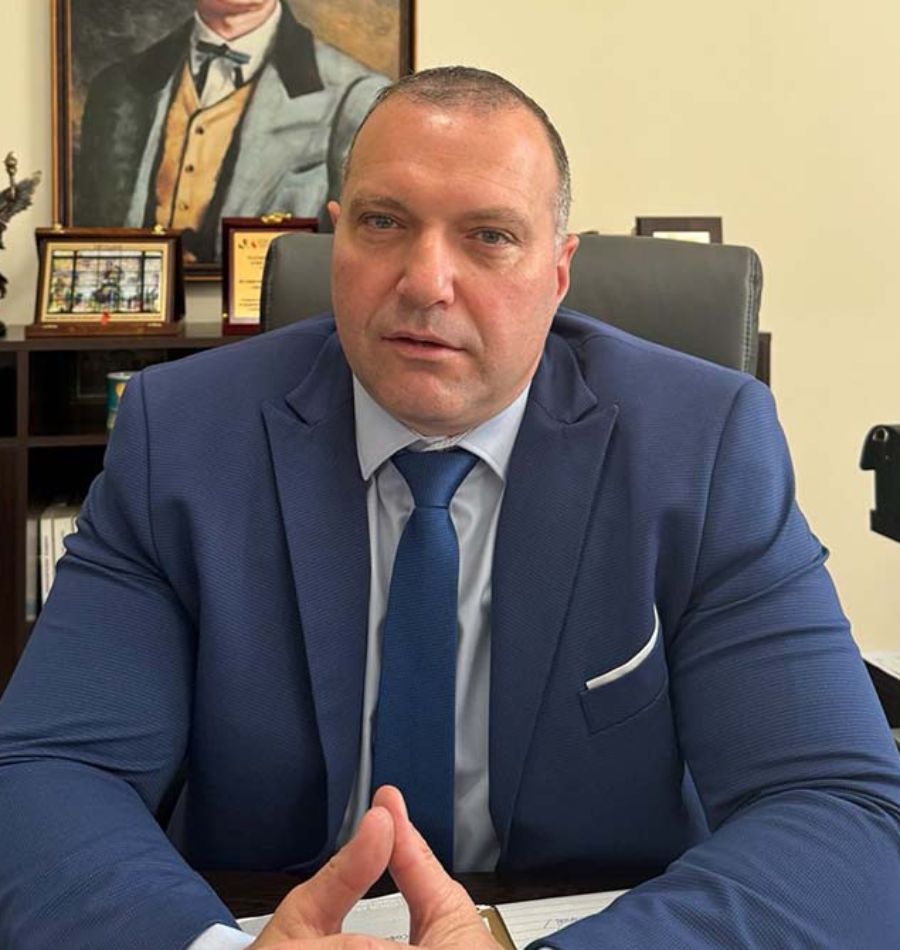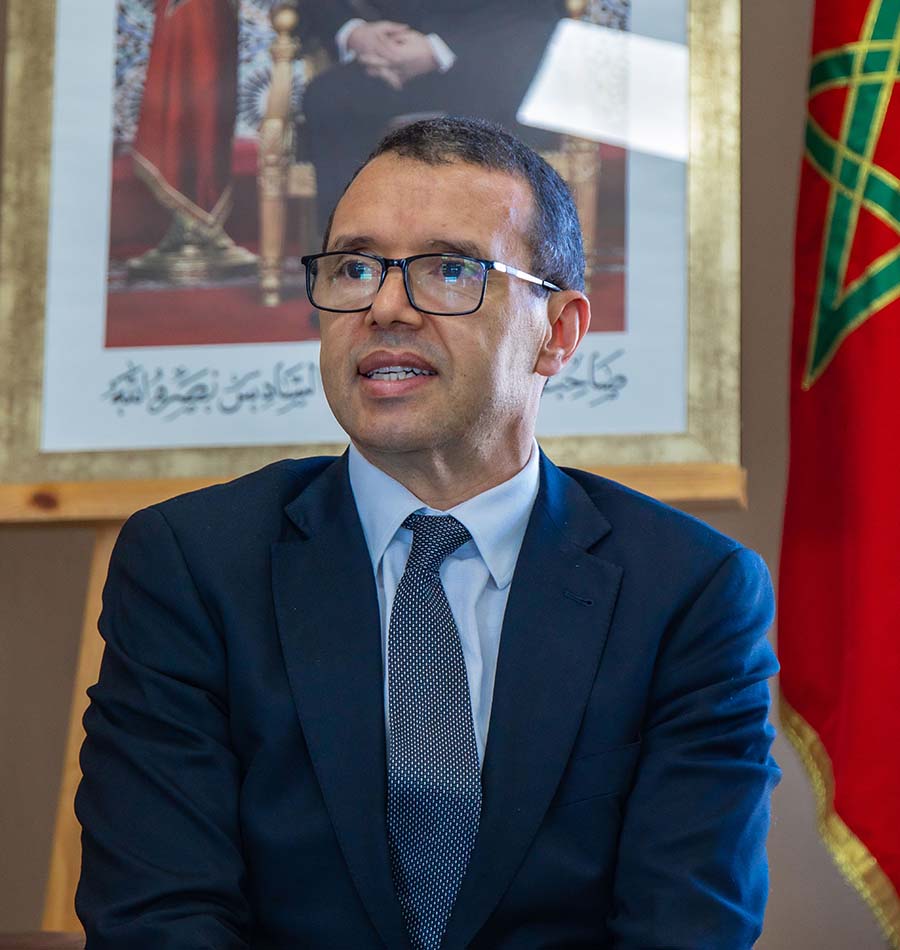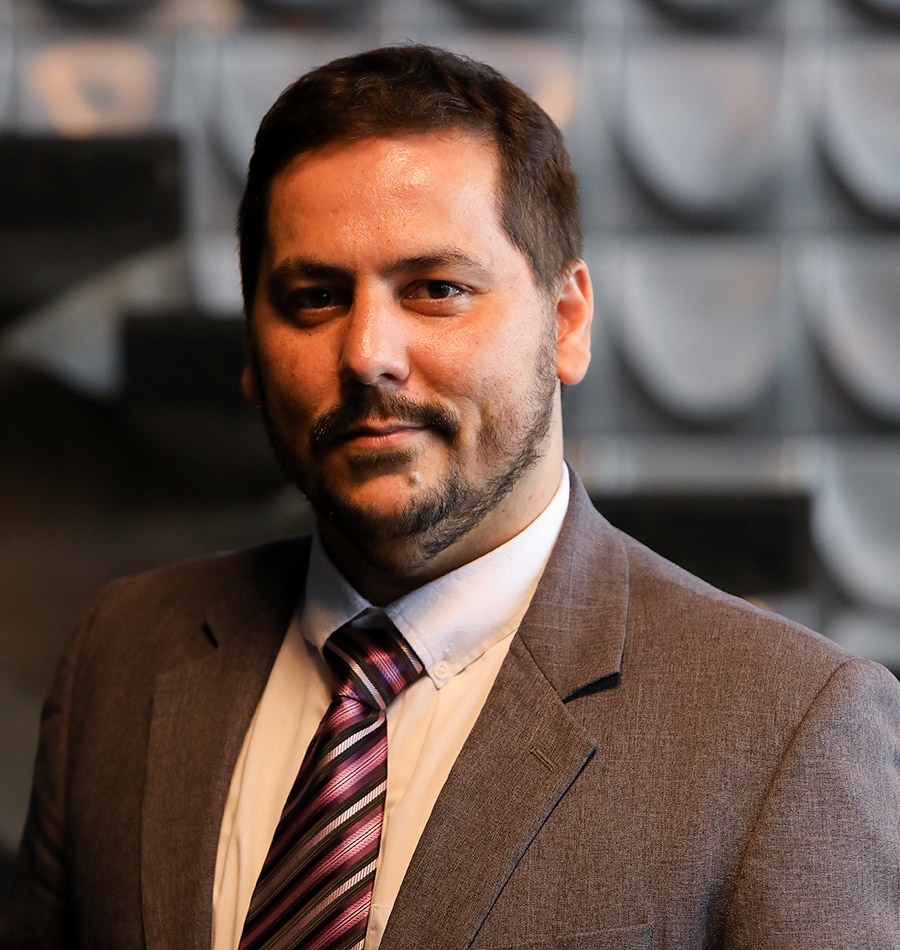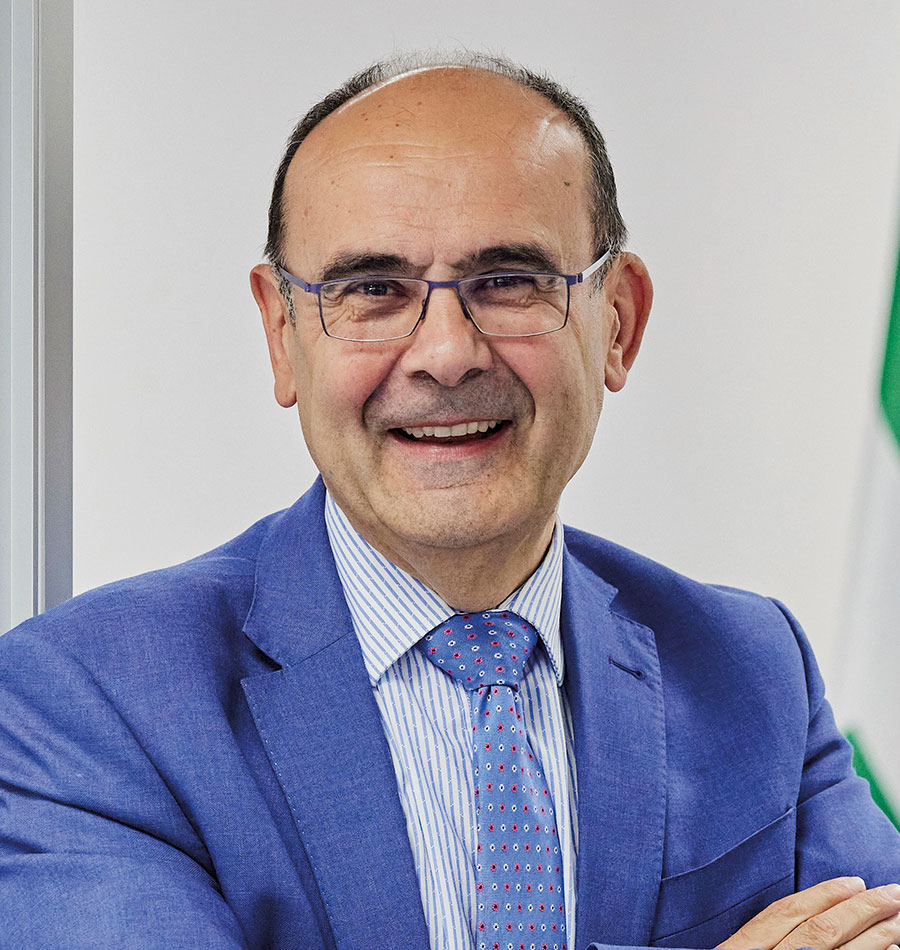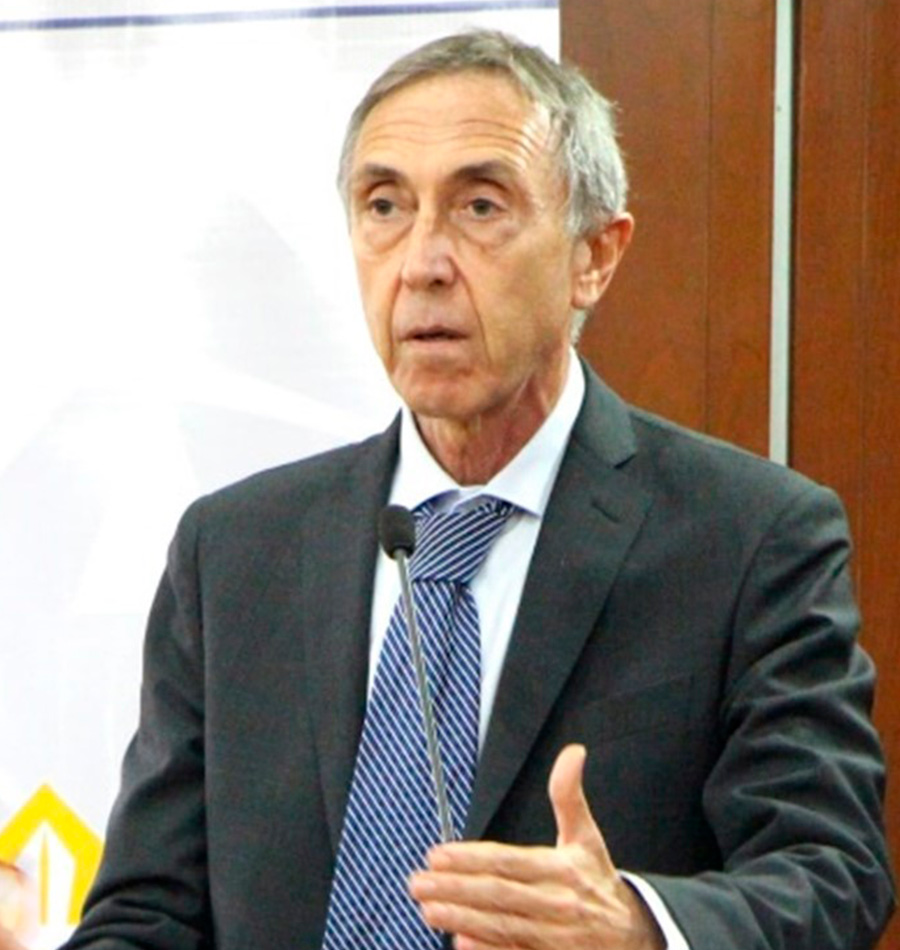Authors Sonia Bom and Jonas Hviid Mønster of Alex Poulsen Architects explore how Denmark's innovative prison architecture, grounded in normalisation, promotes wellbeing and supports reintegration through humane environments. Read More
Rob Jeffreys, President of the Correctional Leaders Association & Director of the Nebraska Department of Correctional Services, USA Read More
Luis Cordero Vega, Minister of Justice and Human Rights, Chile Read More
Holistic rehabilitation and modernisation in New Jersey: “Getting back to the basics of Corrections”
Victoria L. Kuhn, Commissioner of the New Jersey Department of Corrections, United States of America Read More
Ivaylo Yordanov, Chief Commissioner, General Directorate "Execution of Sentences", Bulgaria Read More
Larissa Strong, Commissioner of Corrections Victoria, Australia Read More
John May, Co-founder and President of Health through Walls Read More
Olena Vysotska, Deputy Minister of Justice of Ukraine Read More
Johan Bac, Director-General of the Dutch Probation Service Read More
Maria Rosa Nebel, Secretary of the Penitentiary Administration, Rio de de Janeiro, Brazil Read More
Younes Jabrane, Secretary General of the General Delegation for Prison Administration and Reintegration, Kingdom of Morocco Read More
Explore the challenges and opportunities of modernisation though the lens of international stakeholders in the penitentiary sector. Read More
Discover Antonio Sadler's journey from prison to working with transformative technology at ViaPath, a testament to the potential of providing opportunities to change lives. Read More
This article by Dr Danielle Rudes analyses community corrections reform, arguing that successful reform hinges on gaining buy-in from those who implement it. Read More
Discover the key insights from UNICRI's latest report, showcasing how digital technologies can transform prisoner rehabilitation. Read More
Learn how South Australia's innovative use of technology has led to record-low reoffending rates, and discover the impactful role of Unilink's Prisoner Self-Service kiosks. Read More
Uncover how the R2COM project is revolutionising post-release reintegration and radicalisation prevention in a piece featuring insights from project partners and participants. Read More
To address the underlying causes of criminal behaviour, rooted in socio-economic disparities, mental health issues, and systemic injustices, leaders have been challenged to look beyond the boundaries of their systems and institutions and actively engage with other agencies, policymakers, and the broader community. In this edition, we feature interviews with correctional leaders and articles by experts on transforming the system through upstream and downstream collaborations, policy reforms, digital technologies, and community engagement. Read More
Rafael Velasco Brandani, National Secretary for Penal Policies, Ministry of Justice and Public Security, Brazil Read More
Jaime Tapia, Advisor on penitentiary issues to the Basque Government Read More
Tanja Rakušić-Hadžić, Head of the Cooperation in Police, and Deprivation of Liberty Division of CoE's Human Rights and Rule of Law Directorate Read More
General Óscar Naranjo Trujillo, Former Director General of the National Police and former Vice-President of Colombia Read More
Rui Abrunhosa Gonçalves, Director-General of Reintegration and Prison Services, Portugal Read More
Mauro Albuquerque, Secretary of Penitentiary Administration and Resocialization, State of Ceará, Brazil Read More
Paolo Di Sciuva, International Director of the EURESP project in Ecuador Read More
Karen Ellis, Deputy Solicitor General, (Correctional Services), Ontario, Canada Read More
Laurent Ridel, Director of the Prison Administration, France Read More
Katja Meier, State Minister of Justice and for Democracy, Europe, and Gender Equality, Saxony, Germany Read More
Haliru Nababa, Controller General of Corrections, Nigerian Correctional Service Read More
Vincent Van Quickenborne, Minister of Justice, Belgium Read More
Nordin Muhamad, Commissioner General of Prisons, Malaysia Read More
Learn more about the critical security challenges in prison systems, including organised crime, radicalisation, and contraband issues. Discover the role of prison intelligence in countering these threats. Read More
The EUTEx project aims to create a European framework for rehabilitating extremist offenders, considering gender aspects and risk assessment while fostering collaboration among EU member states. Read More
Delving into Europe's approach to extremism, this article uncovers the rise of conspiracy theories, incel culture, and far-right extremism, shaping the landscape of criminal justice practices and highlighting the need for proactive strategies in the face of evolving threats. Read More
Discover how evidence-based public security measures can help Latin America combat organised crime and reduce urban violence effectively. Read More
The UNODC aids Iraq in prison reform, working with the government and partner nations to bolster corrections, counter-radicalisation, intelligence, and global anti-terrorism efforts. Read More
Explore the challenges in preventing radicalisation and rehabilitating violent extremists, and learn about effective strategies implemented across different jurisdictions. Read More
Dr Reid Meloy (MHS Public Safety) explains how the Terrorist Radicalization Assessment Protocol-18 (TRAP-18) is helping to mitigate the threat of lone-actor terrorism through effective risk assessment and early intervention strategies. Read More
Violent extremism and the infiltration of organised crime within prisons threaten the very essence of correctional facilities. Prisons, rather than rehabilitating offenders, often become training grounds for further criminal activity. Ignoring this threat is not an option. Proactive, comprehensive strategies are vital to prevent our prisons from becoming hostages of crime. In this edition, we share expert perspectives and insights from decision-makers facing these challenges, and what results were achieved through the strategies adopted in different jurisdictions. Read More
This article highlights post-prison challenges, including radicalisation risks, underscores the need for thorough assessments to aid reintegration, and introduces the R2COM project for tailored assessment tools and NGO involvement in preventing extremism. Read More



